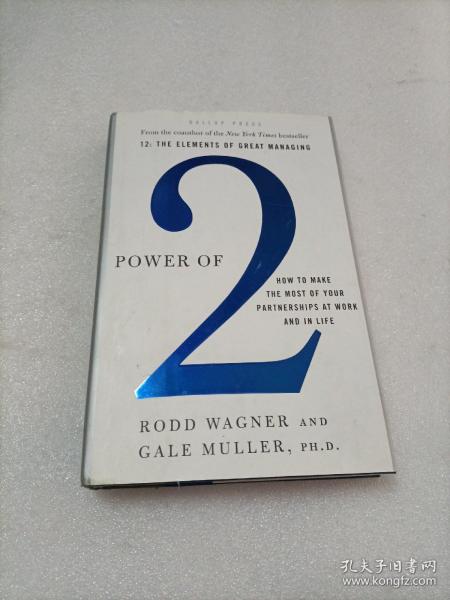How to Make the Most Out of Your Money
Managing your finances effectively is crucial in today’s fast-paced world. Whether you’re saving for a dream vacation, planning for retirement, or simply trying to get by, maximizing the value of your money is essential. Here are some detailed strategies to help you make the most out of your money.
Understanding Your Financial Situation

Before you can make the most of your money, it’s important to have a clear understanding of your financial situation. This includes knowing your income, expenses, debts, and savings. Use the following steps to get a grip on your finances:
-
Track your income: Keep a record of all your sources of income, including your salary, side hustles, and any other forms of earnings.
-
Categorize your expenses: Break down your expenses into categories such as housing, food, transportation, and entertainment.
-
Monitor your debts: Keep track of all your debts, including credit card balances, loans, and mortgages.
-
Assess your savings: Determine how much you have saved and whether it’s enough to cover your financial goals.
Creating a Budget

A budget is a roadmap for your finances. It helps you allocate your income to different categories and ensures that you’re not overspending. Here’s how to create a budget:
-
Set your financial goals: Determine what you want to achieve with your money, whether it’s paying off debt, saving for a home, or building an emergency fund.
-
Calculate your monthly income: Add up all your sources of income to get a clear picture of how much money you have coming in.
-
Track your expenses: Use your expense categories to track how much you’re spending each month.
-
Allocate funds: Assign a specific amount of money to each category, ensuring that you’re not spending more than you earn.
-
Adjust as needed: Review your budget regularly and make adjustments as your financial situation changes.
Building an Emergency Fund

An emergency fund is a crucial component of your financial strategy. It provides a safety net in case of unexpected expenses or loss of income. Here’s how to build an emergency fund:
-
Start small: If you’re just beginning to save, start with a small amount, such as $1,000, and gradually increase your contributions.
-
Automate your savings: Set up automatic transfers to your emergency fund to ensure that you’re consistently saving.
-
Keep it accessible: Choose an account that allows you to access your funds quickly, such as a savings account or a money market account.
-
Aim for three to six months’ worth of expenses: The goal is to have enough money to cover your living expenses for three to six months.
Investing Wisely
Investing is a powerful tool for growing your wealth over time. However, it’s important to invest wisely to avoid unnecessary risks. Here are some tips for investing:
-
Understand your risk tolerance: Determine how much risk you’re comfortable with and invest accordingly.
-
Research and diversify: Do your homework on different investment options and diversify your portfolio to reduce risk.
-
Consider low-cost index funds: These funds offer a diversified portfolio at a lower cost than actively managed funds.
-
Stay the course: Avoid making impulsive decisions based on short-term market fluctuations.
Reducing Debt
High-interest debt can be a significant drain on your finances. Here’s how to reduce your debt:
-
Pay off high-interest debts first: Focus on paying off debts with the highest interest rates to minimize the amount of interest you pay.
-
Consider consolidation: If you have multiple debts, consider consolidating them into one loan with a lower interest rate.
-
Use the snowball method: Pay off your smallest debt first, then move on to the next smallest, and so on.
-
Limit new debt:



